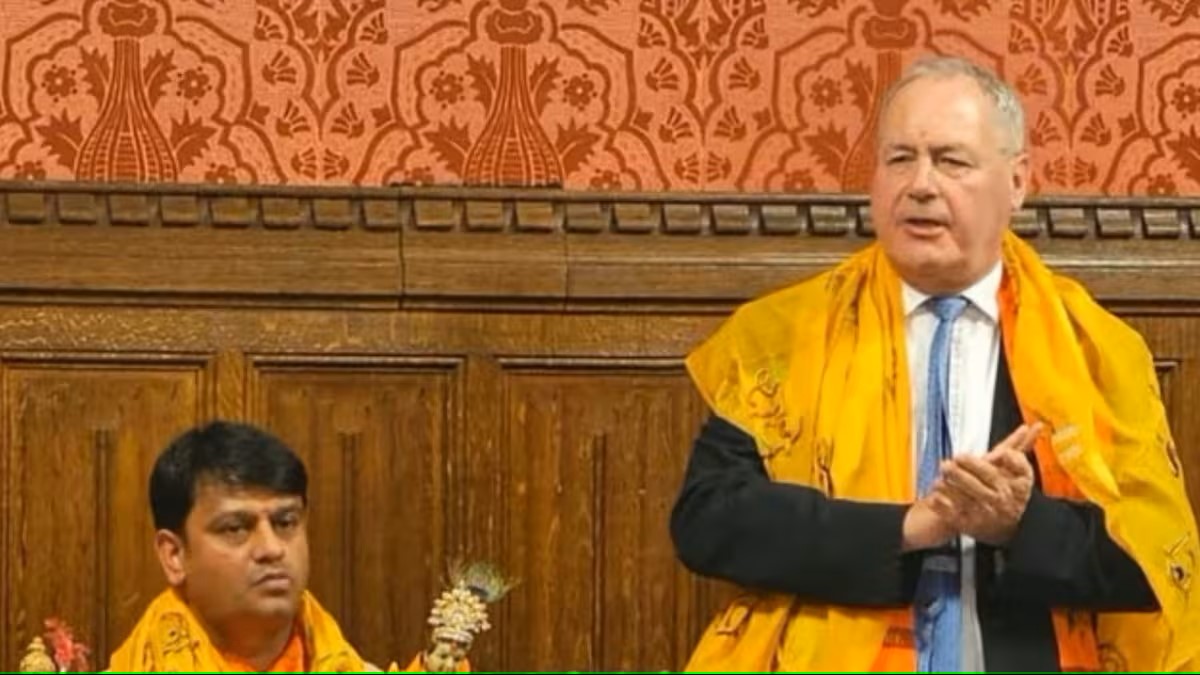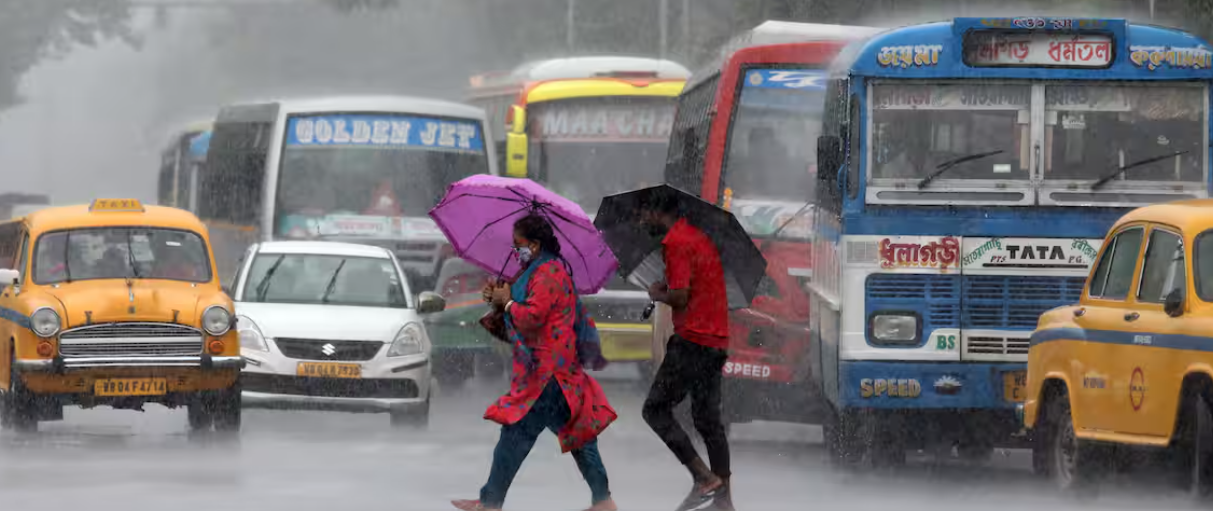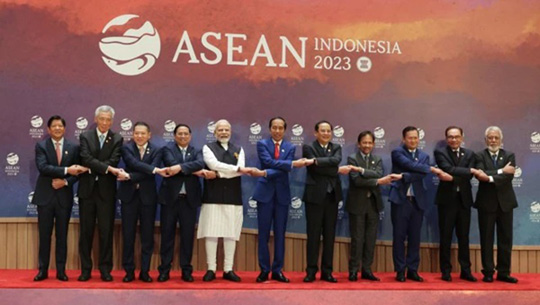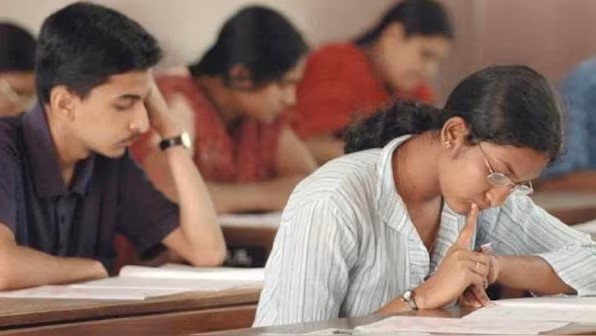British Parliamentarian Bob Blackman ignited a public debate by criticizing the BBC’s coverage of the Ram Mandir consecration ceremony in Ayodhya, India. He cast doubt on the broadcaster’s impartiality and called for a parliamentary discussion to delve deeper into the issue.
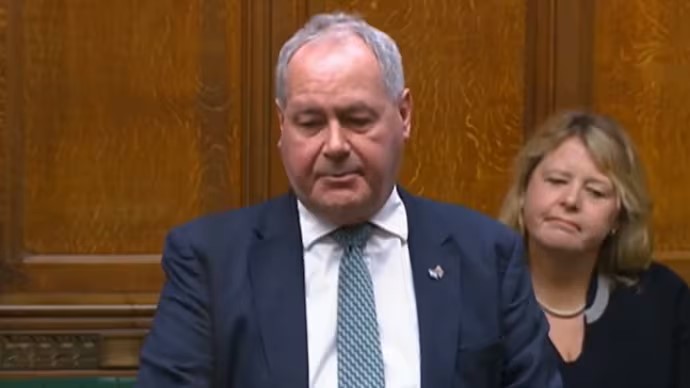 At the core of his argument lies the perceived imbalance in the BBC’s portrayal of the event. He argues that the coverage predominantly emphasized the site’s history as the location of a demolished mosque, potentially overlooking its longstanding significance as a Hindu temple for centuries prior. This selective framing, he suggests, ignores the complex historical context and could be misconstrued as biased.
At the core of his argument lies the perceived imbalance in the BBC’s portrayal of the event. He argues that the coverage predominantly emphasized the site’s history as the location of a demolished mosque, potentially overlooking its longstanding significance as a Hindu temple for centuries prior. This selective framing, he suggests, ignores the complex historical context and could be misconstrued as biased.
Furthermore, Blackman underscores the allocation of a separate five-acre plot designated for the construction of a mosque, highlighting the efforts towards inclusivity and acknowledging the site’s sensitive past. This information, he contends, was absent from the BBC’s report, prompting concerns about the comprehensiveness and neutrality of their coverage.
Beyond expressing his reservations, Blackman emphasized the discontent of his constituents, particularly those from the Hindu community, who felt misrepresented by the news report. This broader perspective adds weight to his concerns and suggests a potential disconnect between the BBC’s portrayal and the lived experiences of certain communities.
Blackman’s criticism doesn’t solely dwell on individual opinion. He advocates for a more systematic examination of the issue by proposing a dedicated parliamentary debate. This proposed discussion aims to scrutinize the BBC’s impartiality and its ability to provide an accurate and balanced representation of global events, encompassing diverse perspectives and historical complexities.
It’s crucial to acknowledge that the Ram Mandir consecration was a momentous occasion for many, drawing thousands of participants, including international dignitaries, and prompting festive celebrations across India. This context underscores the event’s significance and highlights the potential impact of media coverage on various communities.
Blackman’s intervention reignites a conversation about media responsibility and the importance of presenting complex narratives with nuance and impartiality. While the debate continues, it’s vital to remember that constructive dialogue and a commitment to accurate representation are key to fostering understanding and respecting diverse perspectives on sensitive issues.

